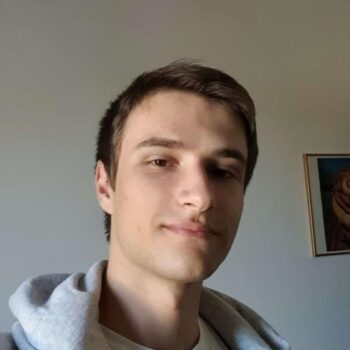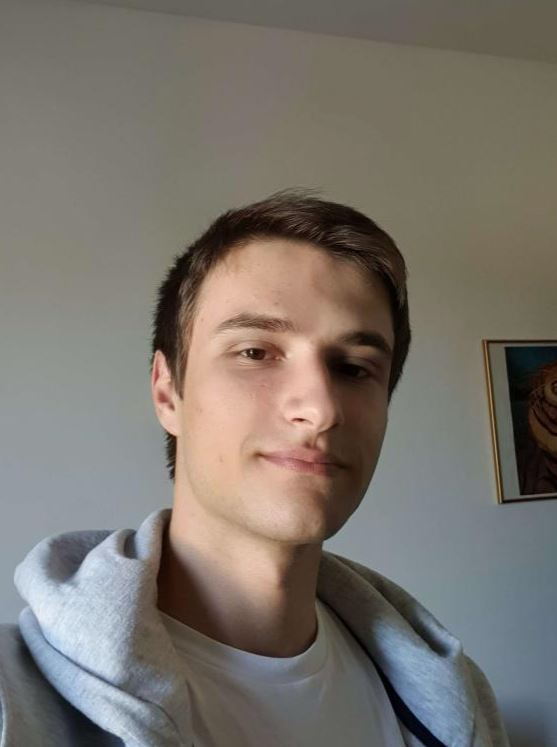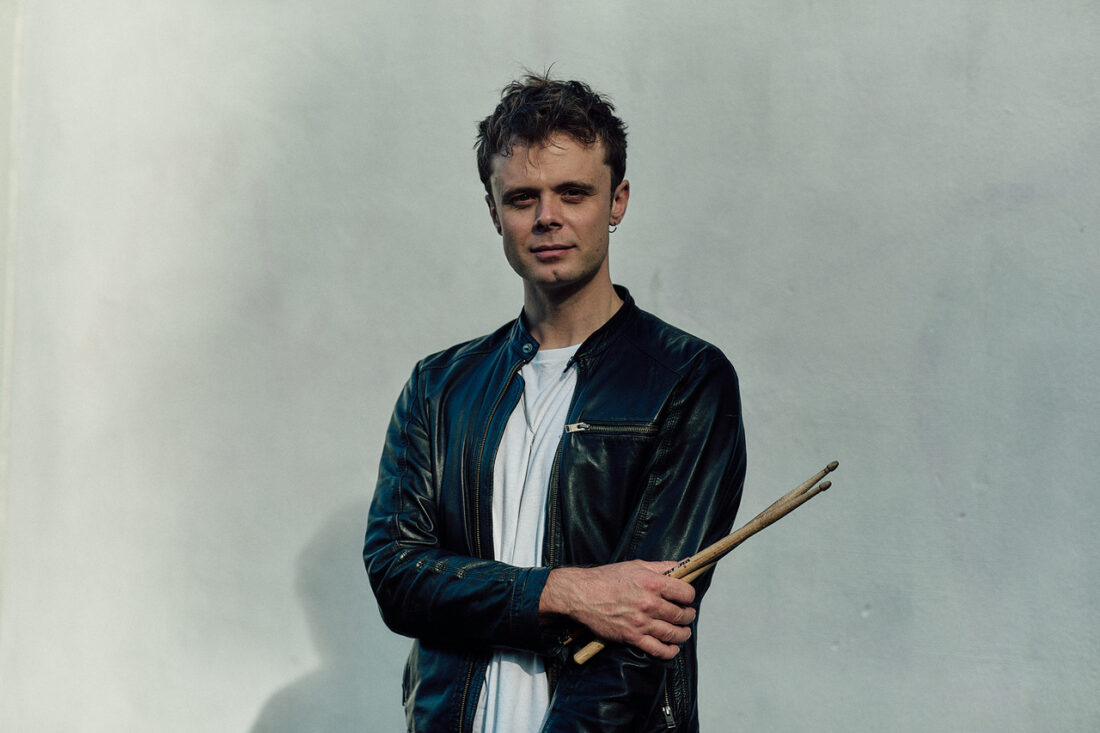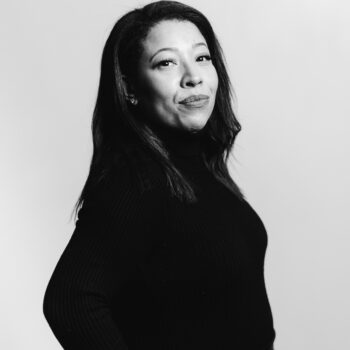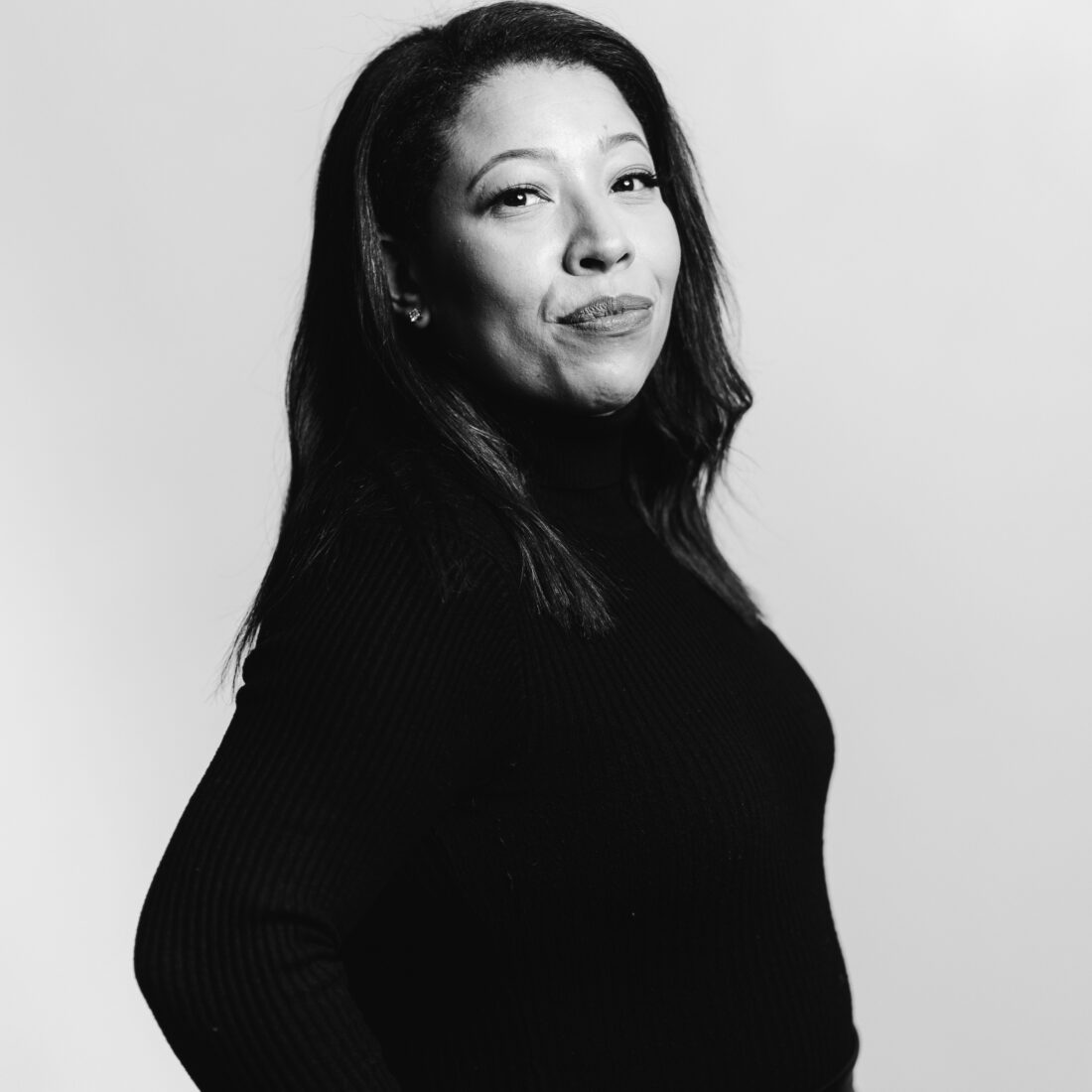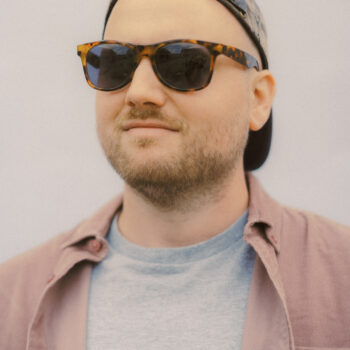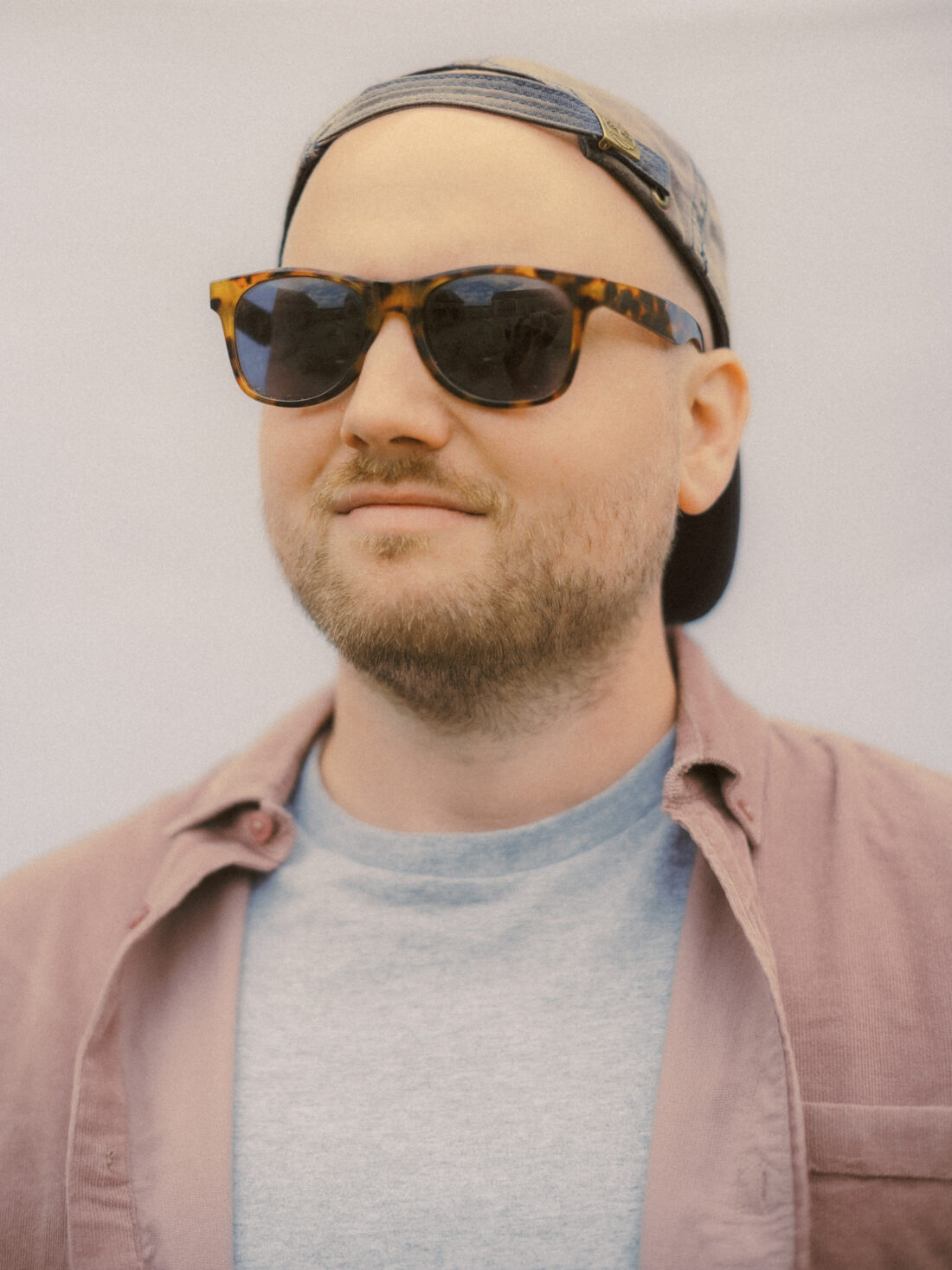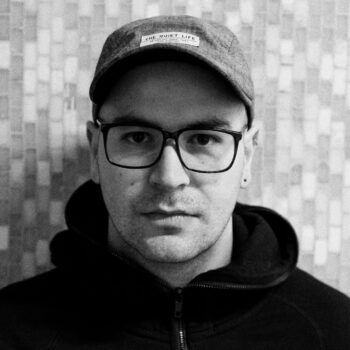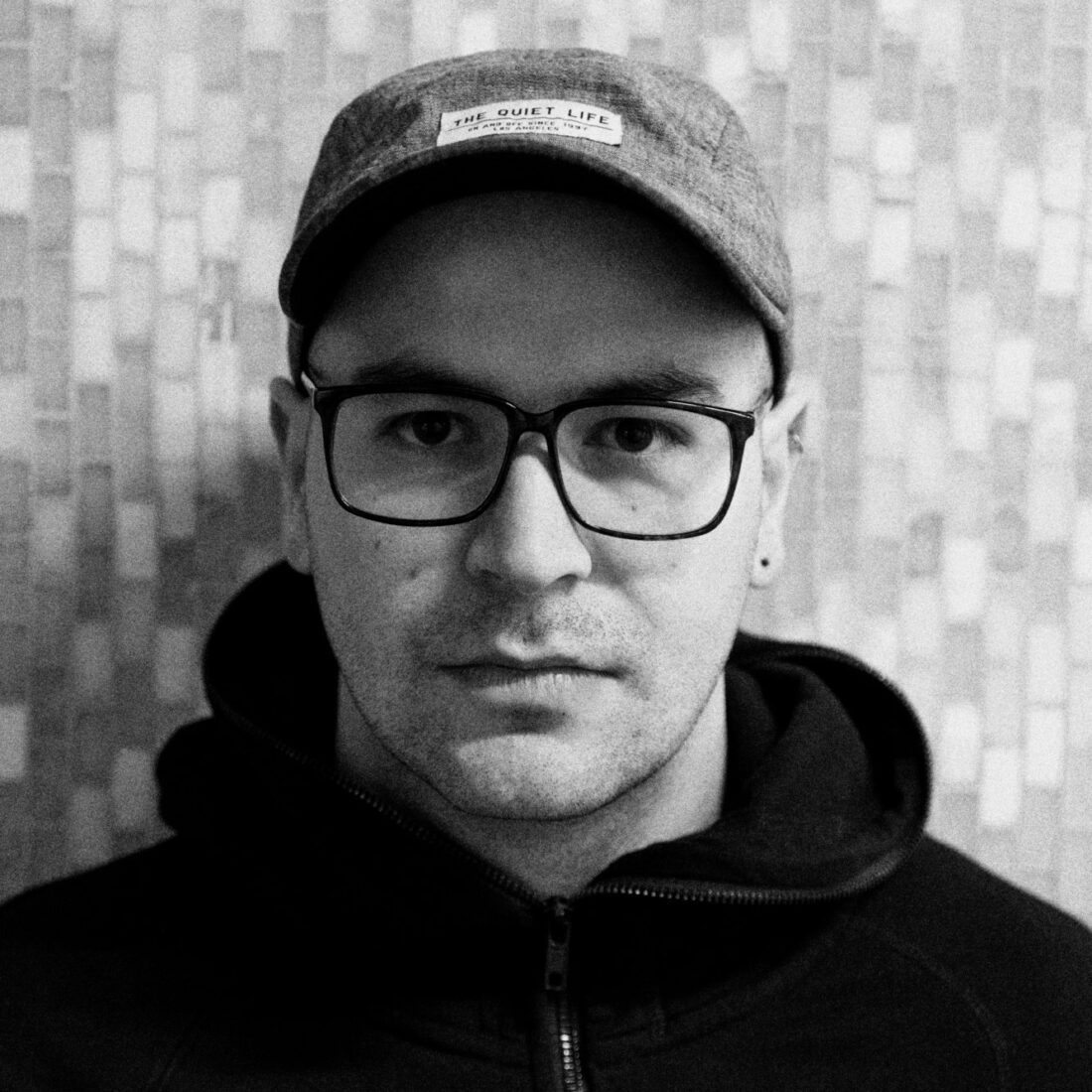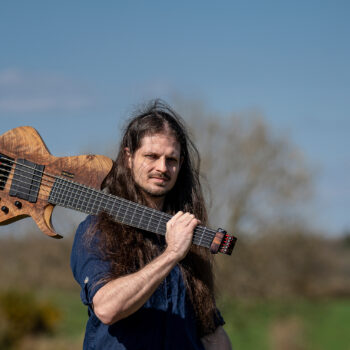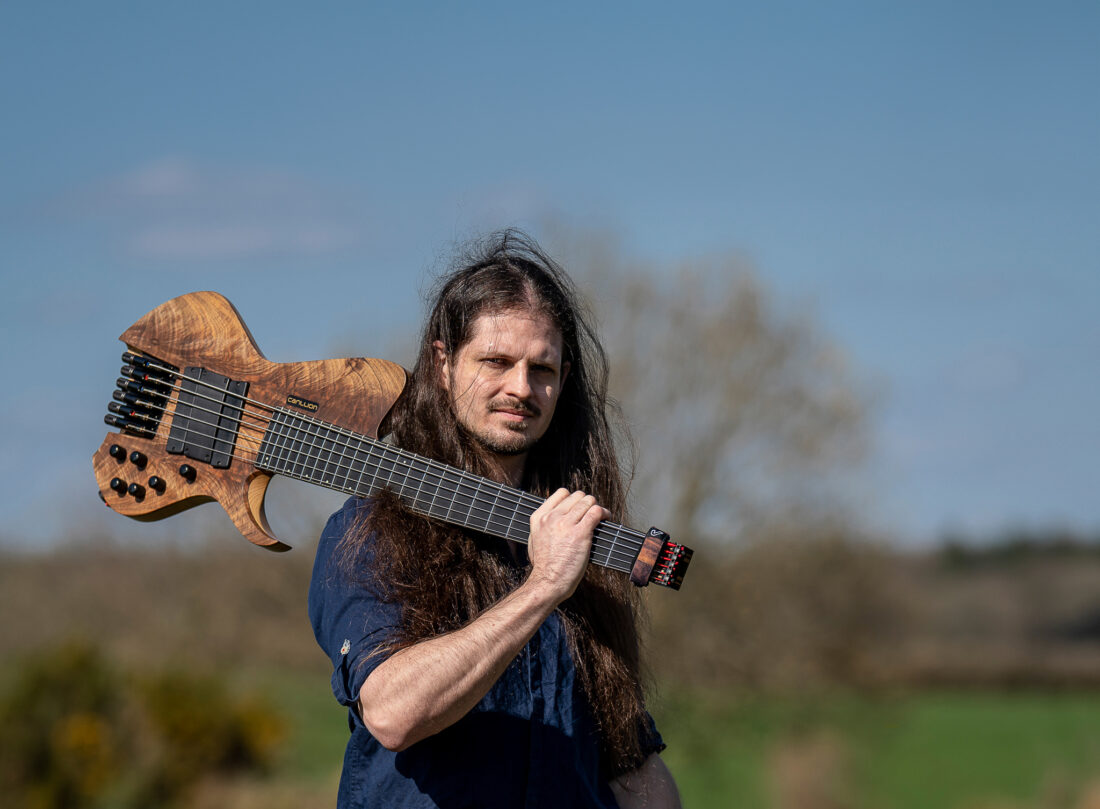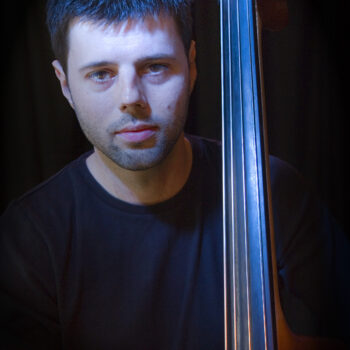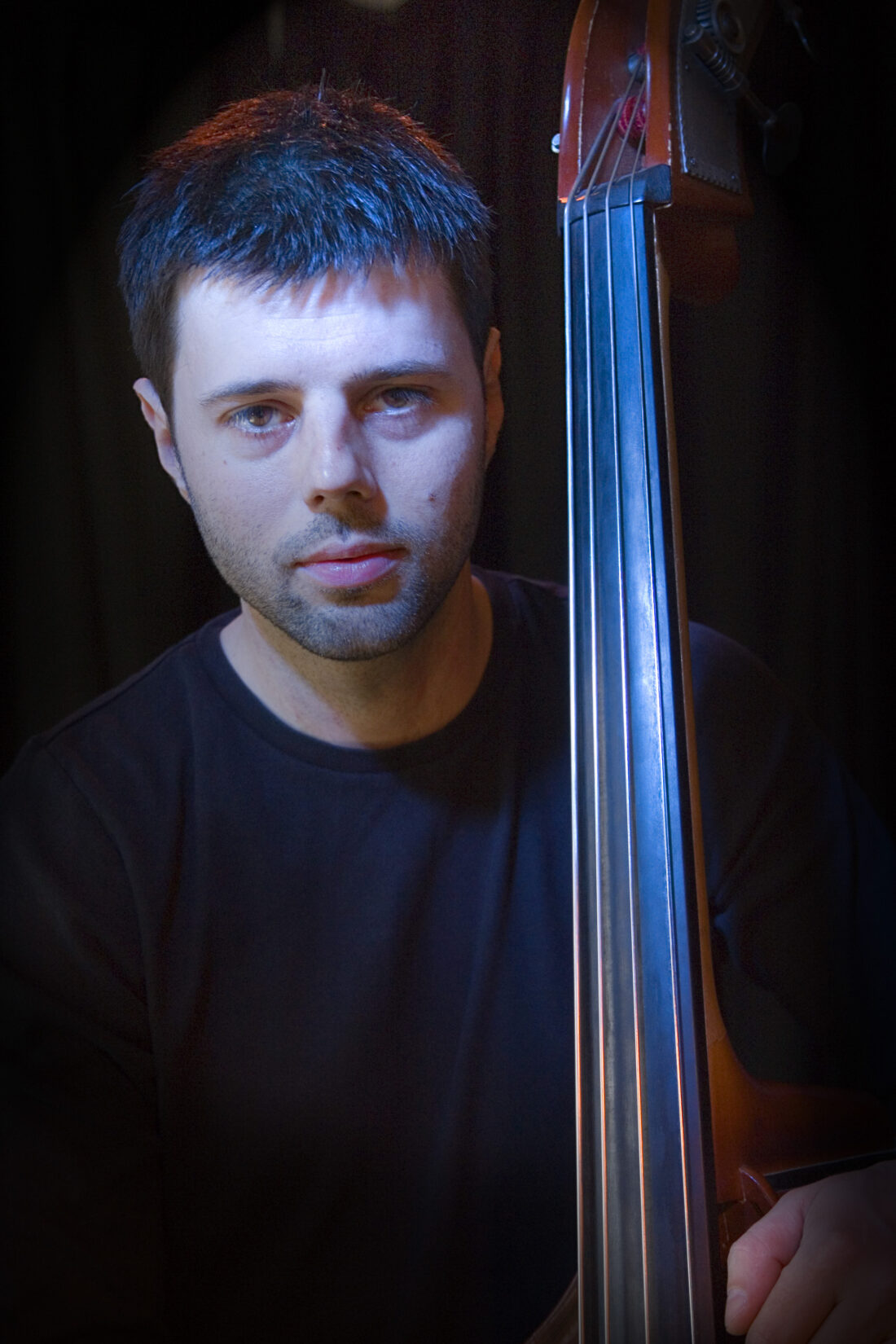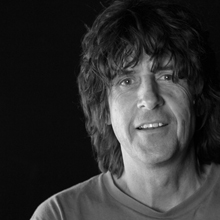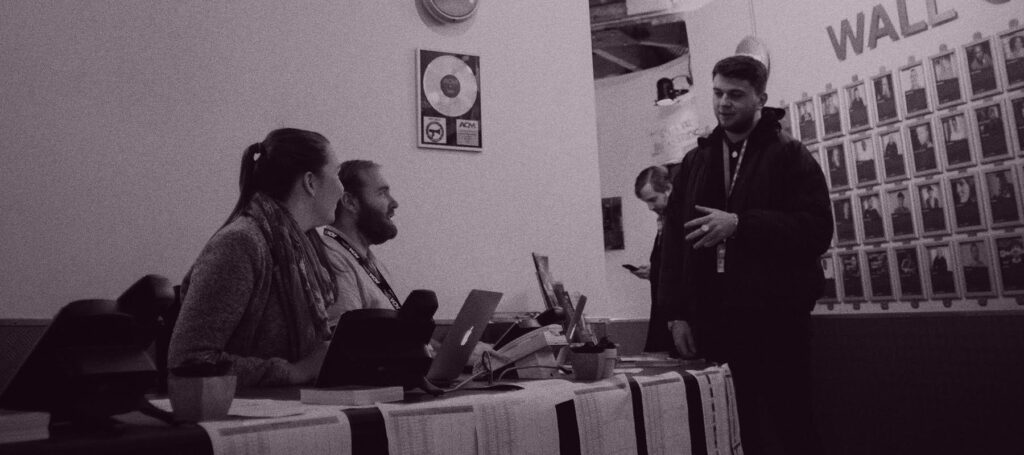Nic Britton
Biog
Nic Britton started his career in Music Production back in the early 90’s. Working as an Engineer for Network Records in his home town of Stoke-On-Trent. During this time, Nic worked with the founders of Detroit Techno and Chicago House, luminaries such as Kevin Saunderson, Juan Atkins, Underground Resistance, DJ Pierre and the French Techno DJ Laurent Garnier.
During the late 90’s and 00’s, Nic was a core member of the production team TILT. Working on remixes for artists such as- Mel C, Dido, Malcolm McClaren, Boy George and Jeff Waynes “War of the Worlds” as well as numerous DJ’s and Producers including Paul van Dyke and Paul Oakenfold.
Working with TILT on remixes and original tracks including five UK Top 20 singles and a UK Number One remix, Nic to this present day, more recently remixed a Billboard Top 20 hit by U2 as well as writing and producing for other artists.
Across his career, Nic has worked with most of the major record labels like Sony/BMG and Universal but is more commonly known for releases on Perfecto and Black Hole Recordings as well as underground labels like Pro-B Tech and Stripped Recordings.
Nic also reviews equipment and hardware and has had numerous reviews and masterclasses published.
Regarding teaching, Nic has taught across Music Technology since 2006 on a variety of levels from 2 through to 6, working for colleges and universities before joining ACM in 2017.
Currently Nic is working on a variety of projects with TILT including collaborating with members of a famous band from Manchester and writing the theme music for an upcoming documentary for a large streaming platform.
Tutor Details
Campus
BirminghamTutor Discipline
Music Production TutorsCourse(s)
Music Production & Creative Sound Engineering (CMP) Electronic Music Production & Creative Sound Design (EMP)Interview
1. Tell us about your role as a Subject Specialist at ACM?
My role as a subject specialist involves helping and supporting students with any areas of their Production work. This could be general questions over email such as advice on their practical mixes or bespoke 1-2-1 sessions to help with a module. I’m also involved in the course planning, making sure that our teaching and assessment is industry relevant and at the forefront of technology.
2. What does it mean to be a Subject Specialist?
This means as a Subject Specialist, I get to meet students across all the levels of Production. I can have an overview of where a student is at and where they should be on their course. Personally, this is great as I get to speak to lots of different students and hear their music and productions,
giving advice to help them achieve and raise their game.
3. Tell us about your career background and areas of expertise?
My career background is mainly in Dance Music, so my expertise surrounds Production in that area. Mixing, editing and arranging, synthesis and sound design are a large focus. However, across my career I’ve worked in everything from Live Sound to Sound for Media and a large amount of recording in the process.
4. Which pathway are you a Subject Specialist for? Tell us more about that pathway?
So, I am a Subject Specialist for the Production Pathway. Within Production, we look at all the areas that you will need to have a long and established career. Examples such as – Recording and mixing techniques both corrective and creative, Sound design and synthesis, Microphones and placement, Processing hardware/software and the use of MIDI controllers. We also acknowledge the importance of Music Business, being able to communicate with other musicians through song-writing and music creation and different cultural perspectives with music crossing cultures worldwide. Our students also have the opportunities to try new and exciting specialisms they might not usually work with, from experimental music to working on composition and sound-design for games and media amongst others.
5. What’s the audition process for your pathway?
During your booked 1-2-1 session with a Tutor or Subject Specialist, we will have your UCAS Personal Statement and referee statement. Normally I would read through this and ask any questions, to get an
overview of who you are and why Production is important to you. We would then ask you to play 2 or 3 examples of your own work or provide the Tutor a link. We can then discuss your Production interests and
goals and answer any questions you may have about the course.
6. What’s your top advice on how to prepare for an ACM audition for your pathway?
My top advice would be to be genuine and honest, talk to the Tutor and ask any questions you might have. Also, be prepared with your example productions, make sure they play properly and the Tutor can access
them easily.
7. Why might someone like to reach out to you as a Subject Specialist?
A student may reach out to me with a question about their Assessment, something technical they would like to learn or recap and even for advice on their own Productions and how to improve them. If I don’t have a
direct answer for a student, I can point them in the right direction to a team or Tutor who can help out.
8. Why is it important for you to pass on your knowledge as a Subject Specialist to the next generation of talent at ACM?
Music as an art-form is ever changing and I enjoy helping the next generation of Producers and Engineers with their incredible talent, push the boundaries of what is both technically and artistically possible.
9. What makes ACM stand out to you?
ACM’s ethos of Industry and real life focus, preparing our students for a professional working career. From our wealth of Industry knowledge across the Tutors, to the links with Metropolis and other organisations and our focus within teaching and assessment. All of this helps to prepare students for their career in Production and at ACM we have the skills and knowledge to do this.
10. What’s your top piece of advice to those looking for a career in the Creative Industries?
For a Producer, I think it would be – don’t be afraid to get your work out there. So, if you have productions, be that recordings or composed tracks, use social media and other platforms to get feedback on your work and compile a portfolio that shows your skills. Also, don’t be afraid to ask for help, because Production is an area in which you never stop learning.
